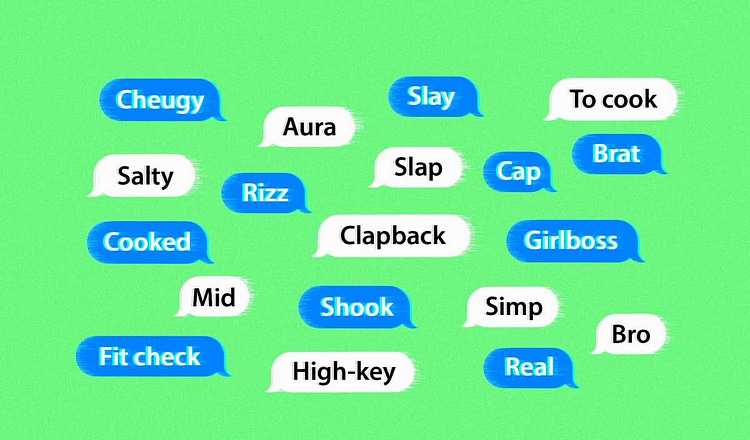
A lot of people like to say Gen Z is doomed—that they live on their phones and have no ambition and can’t even hold a conversation. But lately at The Free Press, maybe because we’ve had such brilliant young people in the office, we’ve been wondering whether the popular stereotypes about Zoomers are plain wrong. So, for this year’s high school essay contest, we asked the experts to tell us: How are we misunderstanding your generation?
We received hundreds of submissions, with high schoolers from California to Kenya to West Virginia to Finland all writing in to share their most pressing thoughts on Gen Z and its place in the world. Agustin, an 18-year-old living in Nashville, argued that “I see my generation as a continuation of the 1960s. Rebels fighting with a cause. Burdened by the wars, poverty, and mistreatment.” Owen, a 15-year-old from Miami, wrote that “we need to bring back the Karen . . . someone willing to bluntly tell the truth and sternly say, ‘You can’t cut the line.’ ”
From questioning whether they would have been friends with their parents, had their ages overlapped, to reflecting on the pressure of being the generation that’s expected to save the world from climate change, these high schoolers captured the Gen-Z zeitgeist in every possible way.
But one essay stood out.
Today, we’re thrilled to publish a piece by Mallory Valis, a 16-year-old from Toronto, Ontario, with a penchant for literature and photovoltaics. And that’s not the only new word she’ll teach you, because Mallory’s essay is about a defining feature of Gen Z: internet slang. “Rizz,” “sus,” “cap:” Mallory argues that these words should be respected, because they unite Zoomers across the world, no matter their life experiences.
Granted, as anyone who has sat across from a Gen-Z family member at Thanksgiving knows, their slang can be confusing to an outsider. So to help you out this holiday season, we’re also publishing a Zoomer glossary at the end of the essay. We urge you to try a few words out on your niece who can’t stop saying, “These cookies slay.” —Maya Sulkin
Bro, this intro is high-key gonna slap. Just let me cook.
Oh wait, I should be more formal.
Uhh. . . . Henceforth I commence my righteous thesis. Yeah.
In the eyes of older generations, Gen-Z slang besmirches the Sacred English Language™ with its base, loose, and astonishingly convoluted wordplay. By now, you’ve heard it before. Words sprouting like weeds in conversations with friends or wriggling through Instagram comment sections: rizz, fit check, girlboss, slay, simp. . . the list spirals downwards into a pit of sacrilege.
As my generation enters the workforce, articles have appeared to show adults how to decode our cryptic tongues. Meanwhile, The Washington Post points out that much of our slang is appropriated from black culture.
It’s giving . . . sus. (That’s Gen Z for suspicious.)
Gen Z is not exactly a champion of our own slang either. Our language has a preordained silliness that piles up into brain rot, an expression summarizing internet culture’s sigh-inducing effects on our intellectuality.
Besides, why should anyone care what words we use? ChatGPT has swept up the dilapidated student into its arms and the two have ridden off into the sunset. Gen Z is free to speak in vapid internet jargon as we scroll through Instagram Reels and let the machines do the brute work. So there mustn’t be anything meaningful to our slang, right?


